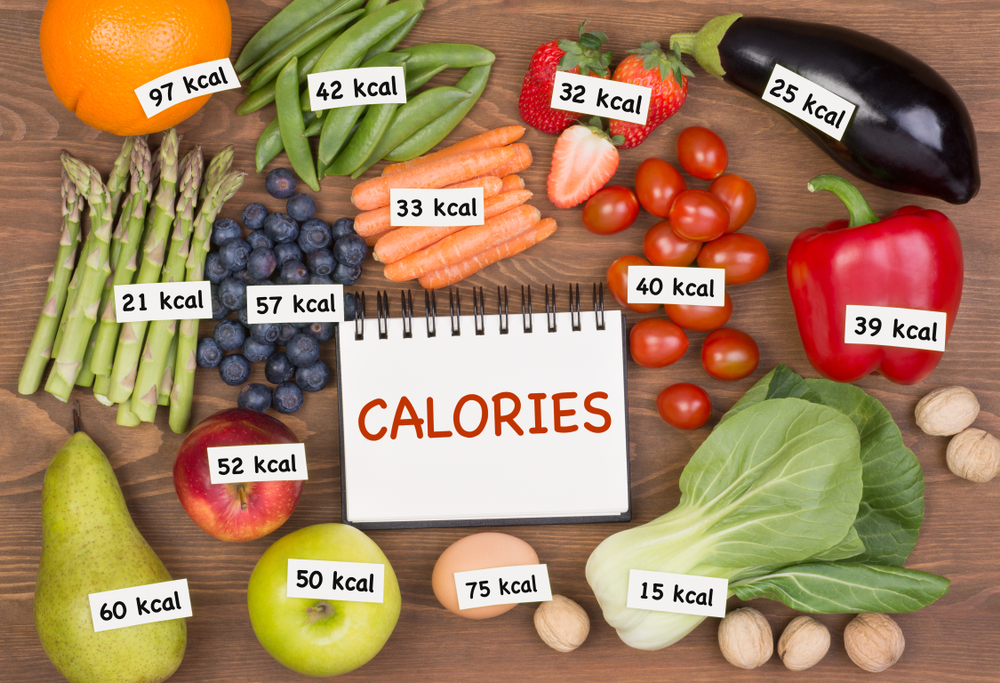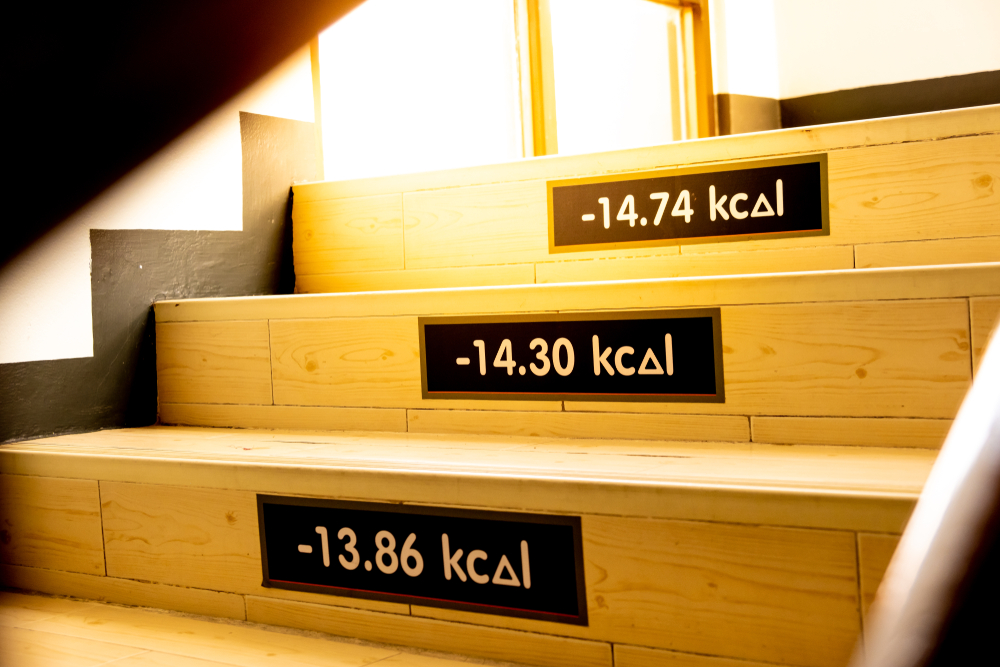A human body needs an energy intake every day (this is done through calories), which one has to fill as best as possible. Each person is then in top shape and can carry out a large number of movements (involuntary and voluntary) on a daily basis without any problems. We will explain what all this means.
What is an energy supply?
The purpose of energy intake is to cover the nutritional needs of our body, which is a factory, and which must be fed.
Perfect health is therefore the work of an optimal intake of these different things. They also help to provide the kinetic energy that the body needs.
When this supply is insufficient, for X or Y reason, the human body does not have what it needs. These nutritional deficiencies represent factors of risk of cardiovascular or other diseases. In order to avoid them, they must be remedied.
How can we ensure that we have a good energy intake?
Our body needs a daily supply of energy, consisting of nutrients. These are intended to cover a large part of our nutritional needs. Nutrients are therefore resources for our body. In order to get everything we need, we need to consume foods from each food group on a daily basis. The nutrients provided are classified into the following categories:
- Micronutrients;
- fibre;
- and macronutrients.
Let's look at what each category actually includes.
Micronutrients
In order to cover nutritional needs, it is essential to provide energy, with micronutrients, in addition to other nutrients. These are found in the food we eat every day, but in smaller doses.
Micronutrients
Micronutrients are involved in the proper
functioning of organs and are present in small quantities in our body.
They include zinc, selenium and copper, among others.
Vitamins
Each vitamin (K, A, D, C, E) has a particular role
to play. Thus, the immune system is protected by vitamins C, E and A.
Vitamin A is also very important for our eyesight. Vitamin K is used to
clot the blood and vitamin D helps to build our bones.
Minerals
An energy intake also serves to provide minerals
such as calcium, potassium, magnesium, etc. Each has a role to play. In
this respect, potassium which acts on the contraction of the heart, and
of each of our muscles.
Fibres
Fibre helps with digestion and is also essential for the proper functioning of the body. It cannot be considered a nutrient, but it should be an integral part of our diet to meet our body's nutritional needs.
There are two types of fibre: soluble and insoluble. Some of them dissolve, while others remain in the same state. They are found in cereals, green vegetables, wholemeal bread, kiwi fruit and prunes.
Macronutrients
Macronutrients contain other essential nutrients for our health. There are 3 of these nutrients:
Proteins
Protein is involved in the construction and repair of the human body, as well as in the renewal of muscle tissue, among other actions.
Protein is an energy source and is used when the body has no more carbohydrates and fats in reserve to use. The body needs energy all the time and must therefore find something to provide it with. This is why it uses proteins to obtain additional energy.
Proteins are found in meat, certain vegetables (e. g. tofu), eggs and cheese.
Carbohydrates
They are commonly called sugars (fast and slow sugars).
A simple carbohydrate is immediately assimilated and does not require any particular action by the body. It is therefore quickly assimilated and used immediately. In this category, we find foodstuffs based on glucose, fructose or sucrose: honey, dried cakes and various pastries, fruit, and anything sweet.
A complex carbohydrate, on the other hand, is not assimilated automatically. It is used by the body to create the energy reserves that the human body needs on a daily basis. Complex carbohydrates take longer to be absorbed by the body. Unlike simple carbohydrates, which only provide energy over a short period of time, complex carbohydrates provide energy over a longer period of time.
We find it in rice, pasta, cereals, bread, etc.
By way of comparison, you should know that a breakfast of cakes or pastries will provide less energy in the long term than if you eat several slices of bread instead. This is what will cause the famous "energy crash" created by the sudden lack of energy. The body has no more fuel to function properly and lets it know.
Fat
They are important for providing energy, for hormone management, but also for structuring our cell-type membranes. They also have a role to play with regard to vitamins, which they transport wherever they are needed.
These fats should therefore be included in our three meals, in the right quantities (no more, no less).
They are found in butter, oil, cheese, eggs, red meat, fish (mackerel, sardines), certain vegetables (avocados), organic peanut butter, etc.
Finally, among our needs, we must not forget water, which is essential for life. The human adult body is made up of 65% water on average. An adult must therefore consume between 1. 5 and 2 litres per day to contribute to the proper functioning of the body. In fact, we need to provide the equivalent amount of water each day of what we lose on a daily basis.
The usefulness of energy intake for the human body
A human being performs a very large number of movements every day, activating the body's energy. This represents kinetic energy.
This action in making a movement activates something else, which will then enable a new function of the human body to be used.
An energetic contribution, via nutrients, thus makes it possible to
provide the energy essential for women, men and children, who have
different energy consumptions.
This contribution is implemented to
ensure the vital functions first of all, but also to carry out each
gesture of the daily life.
To name a few examples , walking, running, thinking, holding something with your hands, talking, shouting, and so many other things.
What does a lack of energy intake cause?
Generally, our nutritional needs are covered by our diet, and this allows good energy efficiency. However, some people do not have sufficient energy intake, whether voluntary or not.
This can lead to nutritional deficiencies. These can progress to malnutrition or undernutrition. Many children living in very poor countries are victims of this.
Some examples of deficiencies and their consequences:
People with calcium deficiency can have bone problems and weakened bones. This leads to osteoporosis, which weakens the bones. People may also experience heart problems (rhythm disturbances or other problems), and even a risk of convulsions, depending on the case.
A lack of magnesium will cause stress, a risk of muscle cramps, irritability and fatigue. In extreme cases, a too high deficit can cause tetany, and potentially the death of the person.
A lack of iron causes significant fatigue, a decrease in intellectual ability and a deficit in muscle tone. It also leads to an increased risk of headaches and many other symptoms that can be serious in the end.
We realise how important the function of the energies provided is, and why neglecting our intake can have annoying consequences for our health!
In case of serious deficiencies, it is possible to take food supplements and vitamins, under medical advice.
To conclude
In conclusion, taking care of your daily energy intake is essential to maintain energy efficiency and proper functioning of the body.





